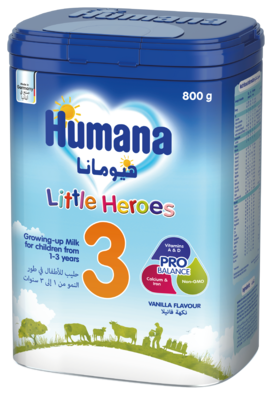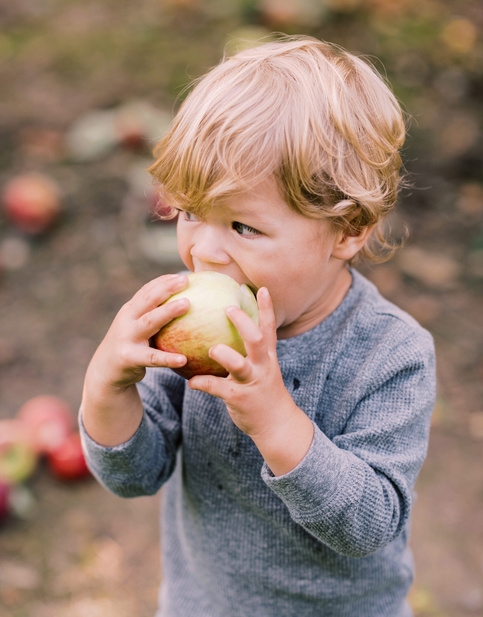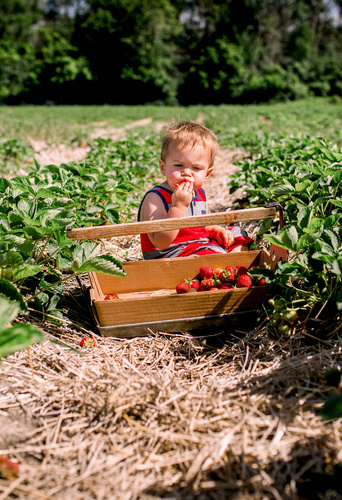In order to prevent iron deficiency, you should not give your child normal milk before the end of their first year — and the amount for toddlers should be limited to one or two cups a day. Normal cow's milk isn't only very low in iron, drinking too much can even hinder the absorption of iron and lead to iron deficiency.* Be sure not to give your toddler more than 500ml of milk or dairy products per day.**
*Ziegler EE (2011). Consumption of cow's milk as a cause of iron deficiency in infants and toddlers. Nutrition Reviews, 69(Suppl1):37–42.
Suthuvoravut U, Abiodun P, Chomtho S, Chongviriyaphan N, Cruchet S, Davies P et al (2015). Composition of follow-up formula for young children aged 12–36months: Recommendations of an international expert group coordinated by the nutrition association of Thailand and the early nutrition Academy. Ann Nutr Metab 67(2):119–132.
** Alexy U, Hilbig A (2016): Update Säuglingsernährung. Ernährungsumschau Jg. 63 (12): M716-723.







